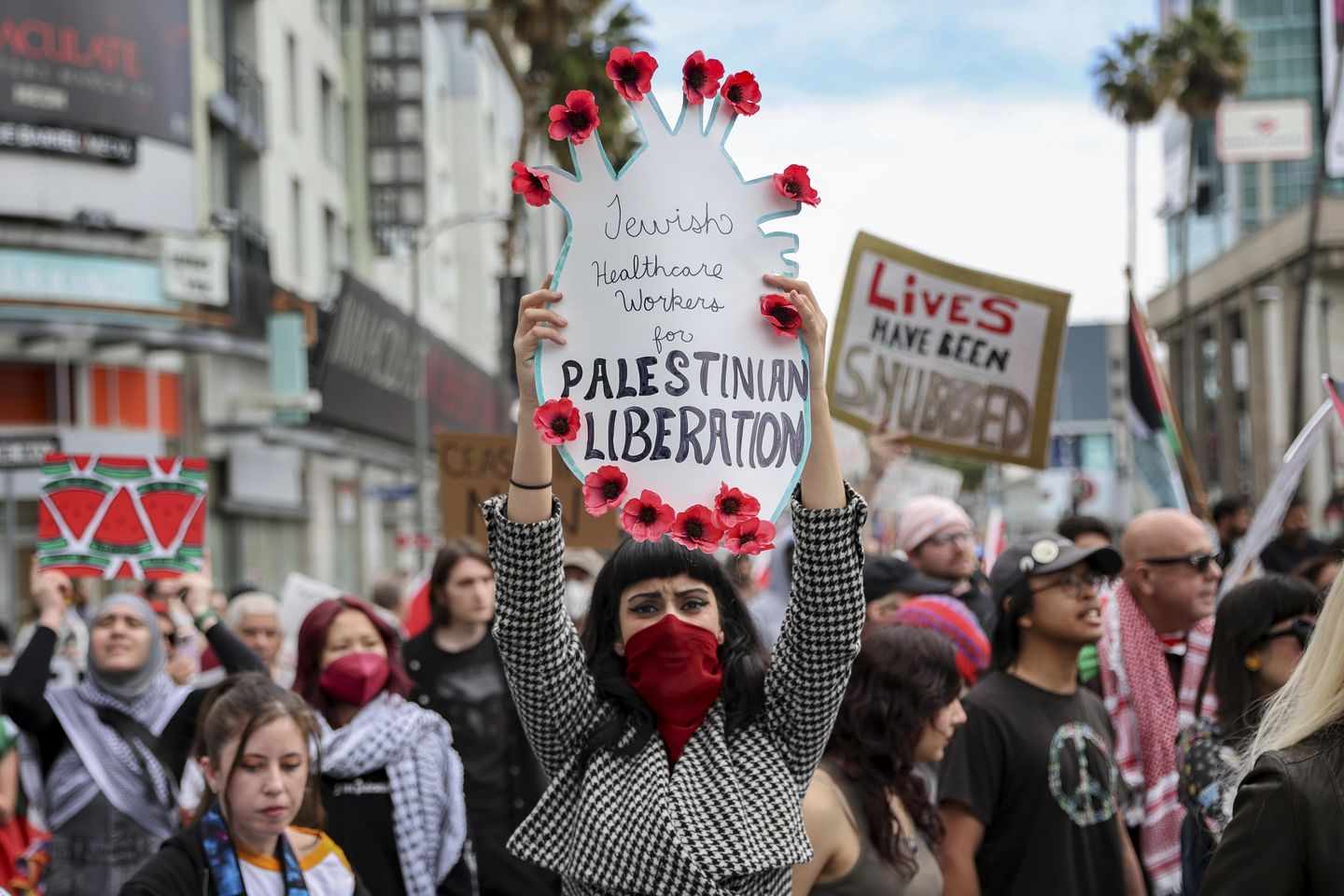Pro-Palestinian protests that began in October have gained momentum and focus, leading to significant policy concessions from President Biden. These protests have become more powerful as they continue to advocate for Palestinian rights and challenge U.S. support for Israel. President Biden has responded to the pressure from protesters, fearing backlash at the voting booth in the upcoming November elections. This shift in policy reflects the growing influence and impact of the pro-Palestinian movement in the United States.
The protests have brought attention to the ongoing conflict in the Middle East and the plight of the Palestinian people. Demonstrators have called for an end to U.S. military aid to Israel and for the U.S. to take a more neutral stance in the conflict. They have also condemned Israel’s actions in the occupied territories and called for justice and equality for Palestinians. These demands have resonated with many Americans who are increasingly critical of U.S. support for Israel and are calling for a more balanced approach to the conflict.
President Biden’s response to the protests has been shaped by political considerations, as he seeks to avoid alienating pro-Palestinian voters who could sway the outcome of the November elections. The concessions he has made, such as reopening the U.S. consulate in East Jerusalem and providing humanitarian aid to Gaza, are seen as an attempt to appease the protesters and demonstrate a willingness to address their concerns. However, some critics argue that these actions are not enough and that more substantial changes are needed to truly support Palestinian rights.
The growing power and focus of the pro-Palestinian movement in the United States has put pressure on the Biden administration to rethink its approach to the Israeli-Palestinian conflict. The protests have highlighted the need for a more balanced and just resolution to the conflict that takes into account the rights and aspirations of both Israelis and Palestinians. This shift in public opinion and political activism reflects a broader trend towards greater awareness and support for Palestinian rights in the U.S. and around the world.
Overall, the pro-Palestinian protests that began last October have had a significant impact on U.S. policy towards Israel and the Palestinian territories. President Biden’s concessions to the protesters demonstrate the power of grassroots activism and the ability of ordinary citizens to influence government decisions. As the protests continue to grow in strength and numbers, it is likely that they will have a lasting impact on U.S. foreign policy and the Israeli-Palestinian conflict. This movement represents a growing voice for justice and equality for Palestinians and a renewed commitment to addressing the root causes of the conflict.









